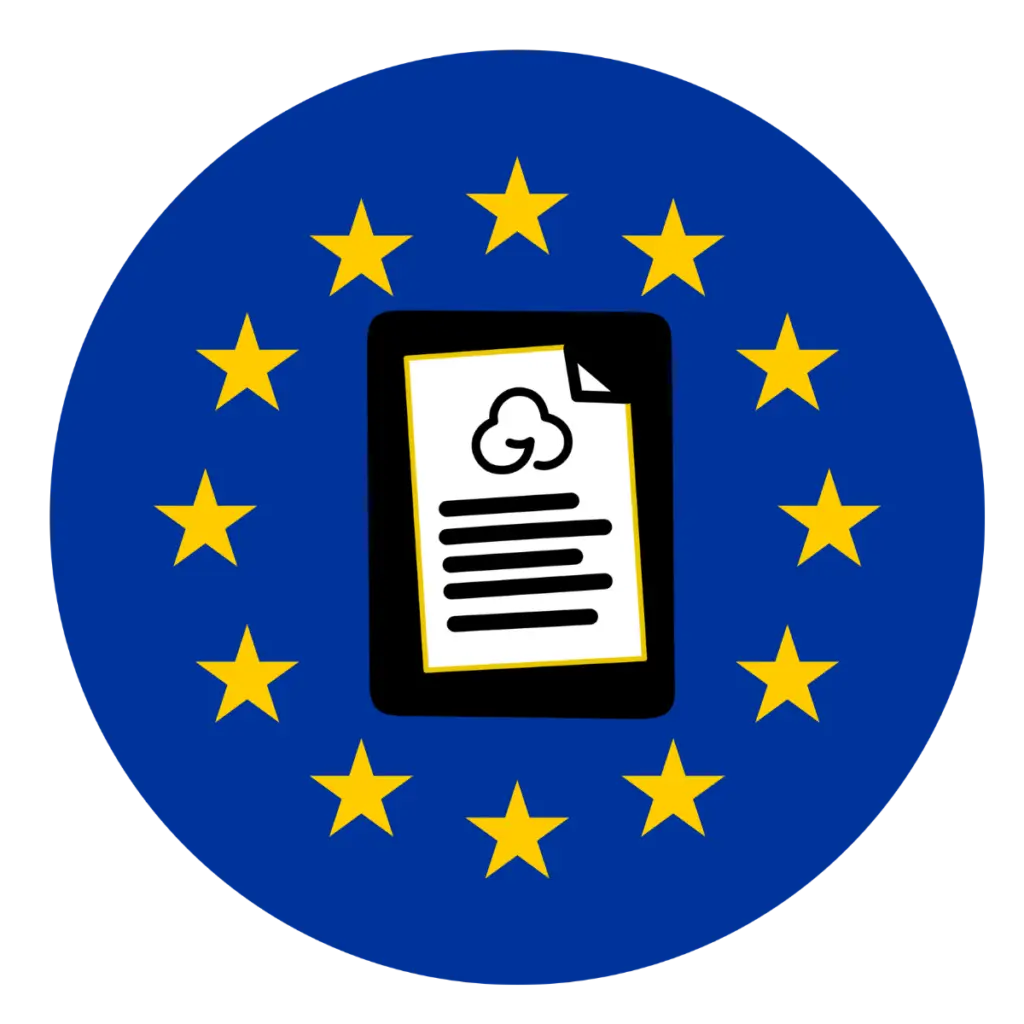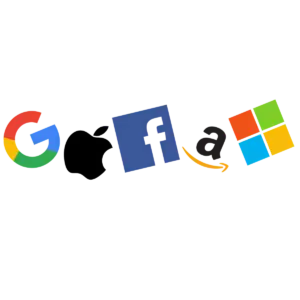Yes, There is a European, Privacy-Friendly Alternative to Big Tech Productivity Platforms
Ilayda, Tuesday 15 April 2025

It is everywhere. From massive enterprises to local schools, Microsoft 365 and Google Workspace have become the default; often not by choice, but by convenience.
Every document, every email, every Teams meeting; it’s all stored on Big Tech cloud infrastructure, subject to corporate policies that prioritize profit over privacy. And worse, due to laws like the U.S. CLOUD Act, your data is vulnerable to government access, no matter where in the world it’s stored.

But here’s the good news: you don’t have to settle for that. There’s a better way. Security, transparency, and user control aren’t just possible; they’re already here.
Expanding Our Reach While Staying Ethical
Privacy might not always be top of mind, until you realize just how much of it you’ve given up. When you use Microsoft 365, you’re not just accessing email and document storage, you are handing over a digital footprint of your habits, your conversations, and your work.
For European businesses, schools, and organizations, this isn’t just a privacy issue; it’s a fundamental question of control and compliance. Who really owns your data? And more importantly, who should?
Open-Source Privacy-First Solutions Are the Future
Choosing open-source, privacy-first alternatives over big tech solutions is not just about security, it’s about regaining control over digital autonomy. Open-source platforms provide transparency, enabling organizations to audit code, customize their set-ups, and eliminate hidden data collection mechanisms. This fosters greater trust and long-term sustainability in the digital ecosystem.
Furthermore, privacy-first solutions encourage data sovereignty, ensuring that businesses and institutions are not at the mercy of foreign tech giants whose policies and compliance frameworks may change unexpectedly.
Making the Switch is Easier Than You Think
Let’s be honest, switching takes effort. We’ve been conditioned to believe that Big Tech is the only option because they’re in our schools, our workplaces, and even our homes. The familiarity of these tools creates the illusion that alternatives don’t exist, or that making the switch is too complicated.
We, The Good Cloud offer a seamless migration process designed to minimize disruption. Our GoodOffice covers file storage, collaboration, and more; all without the privacy risks of big tech. Best of all, you’ll be working with a company that actually respects your data.
The Good Office: A Secure and Privacy-Focused Alternative
The GoodOffice is a fully-fledged, privacy-first alternative to Microsoft 365. Unlike big tech solutions, it is designed with European privacy laws in mind, ensuring compliance and security for businesses, schools, and other institutions. Here’s why it stands out:
- GDPR Compliance: Hosted in Europe and fully compliant with EU privacy regulations, TheGood.Cloud prioritizes user data protection without compromising usability.
- Open-Source Foundation: Unlike proprietary solutions like Microsoft 365, open-source platforms provide full transparency, allowing organizations to verify how their data is managed and secured.
- Decentralization and User Control: The Good Cloud empowers users by giving them greater control over their data, ensuring it isn’t mined for advertising or surveillance purposes.
- Security and Reliability: With end-to-end encryption, robust security features, and dedicated European servers, The Good Cloud mitigates common cybersecurity risks associated with cloud-based services.
The Good Office vs Microsoft 365
Want to see for yourself how the Good Office and Microsoft 365 compare? Here’s how they stack up.
Privacy does not have to be a luxury.
You don’t have to accept that your data is someone else’s business model. With European alternatives like The Good Cloud, you can have security, compliance, and convenience without compromise.
The shift towards privacy-first tools is already happening: slowly, but surely. And every person, business, or institution that makes the switch brings us one step closer to a future where privacy is the norm, not the exception.
You have a choice. Why not choose privacy?